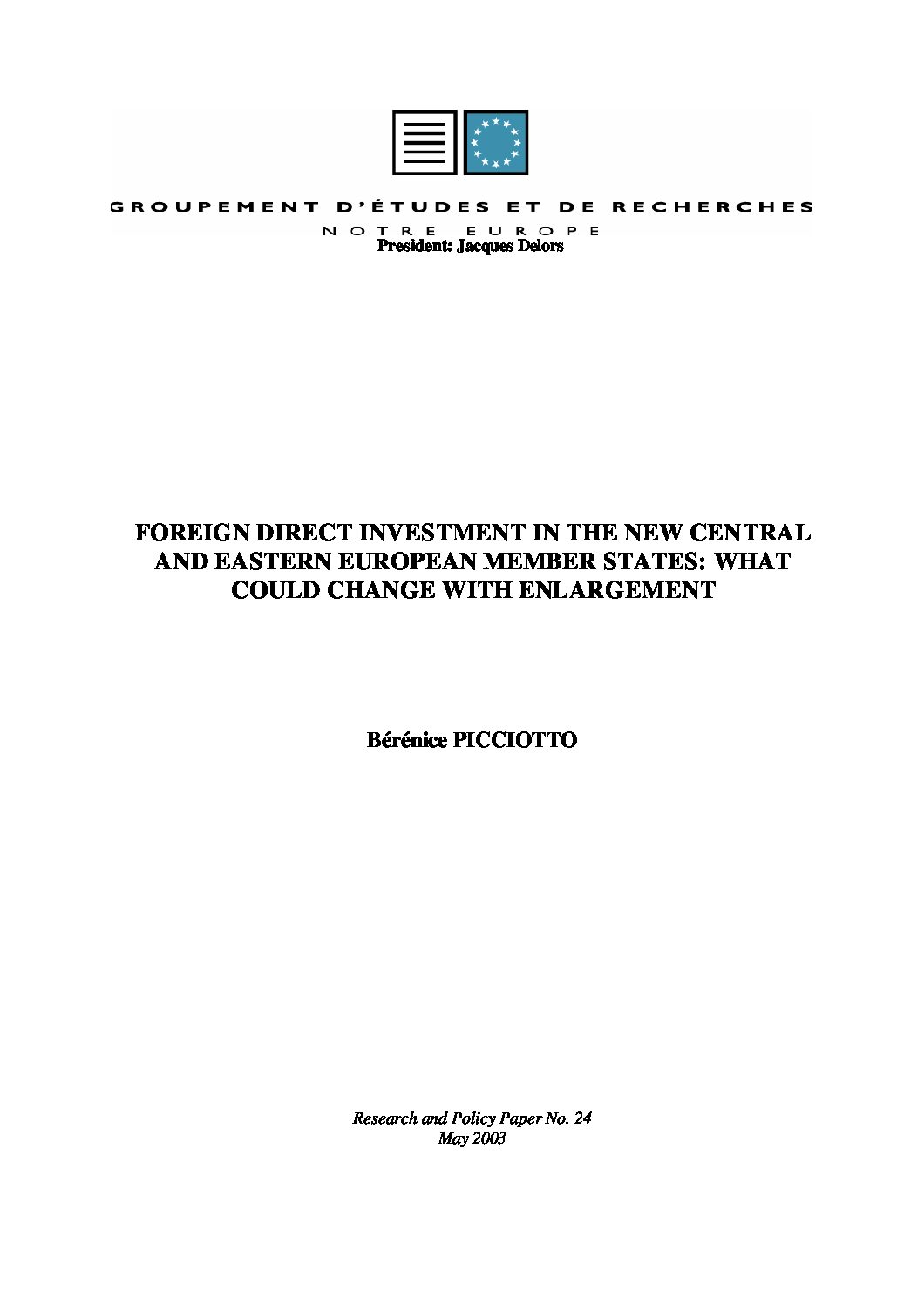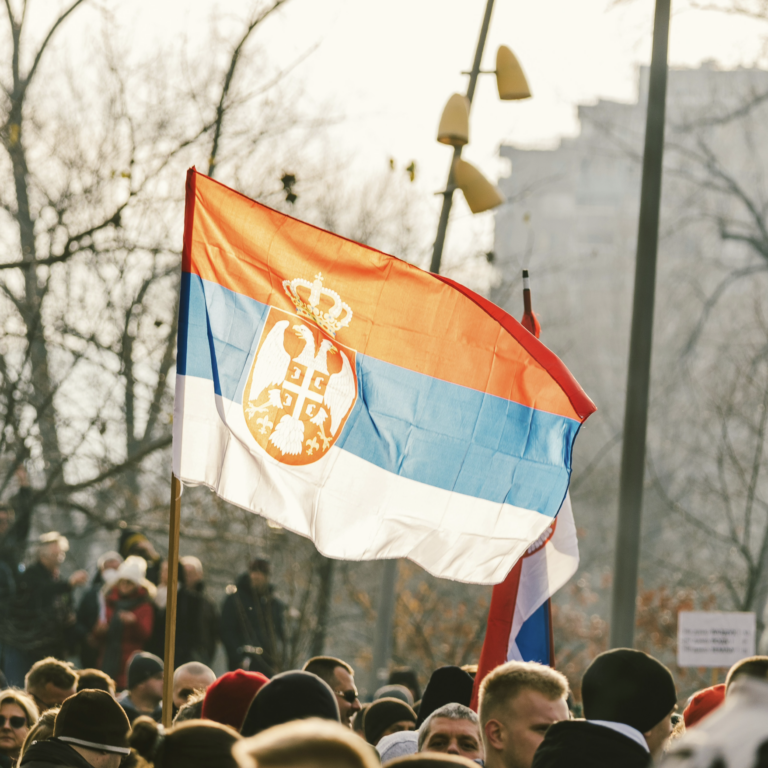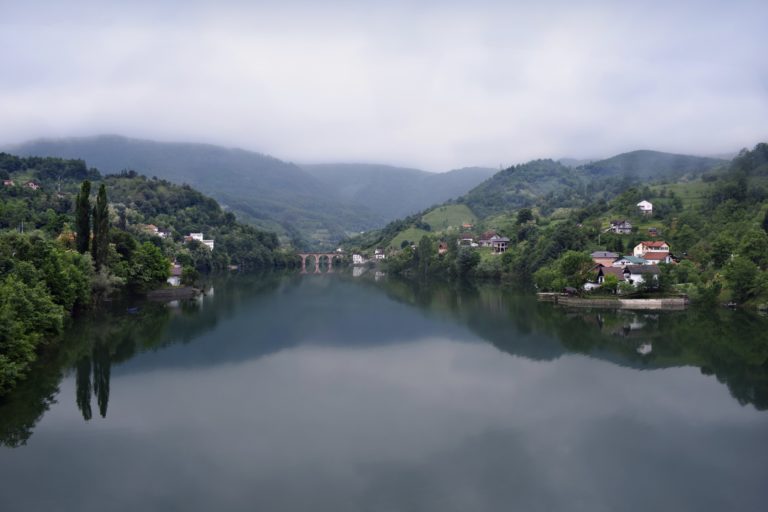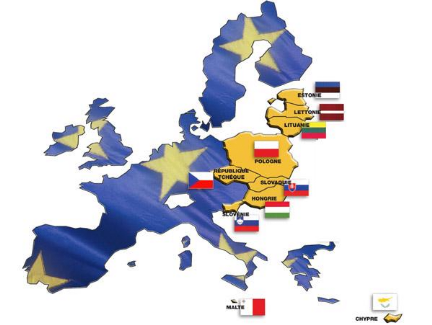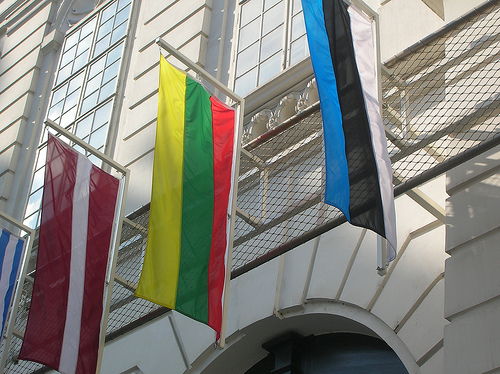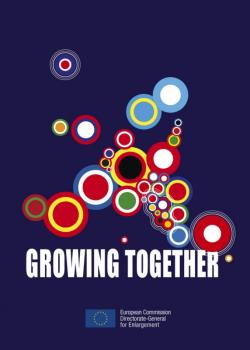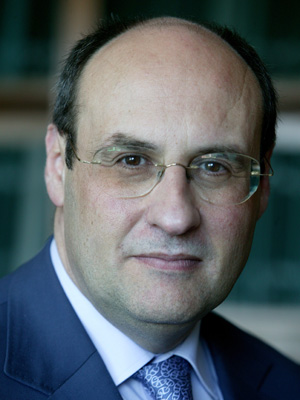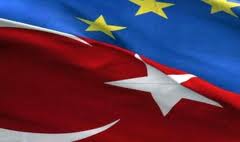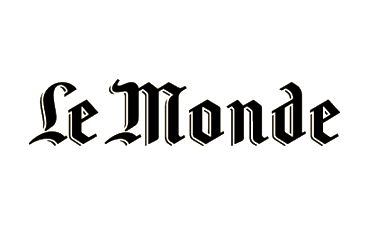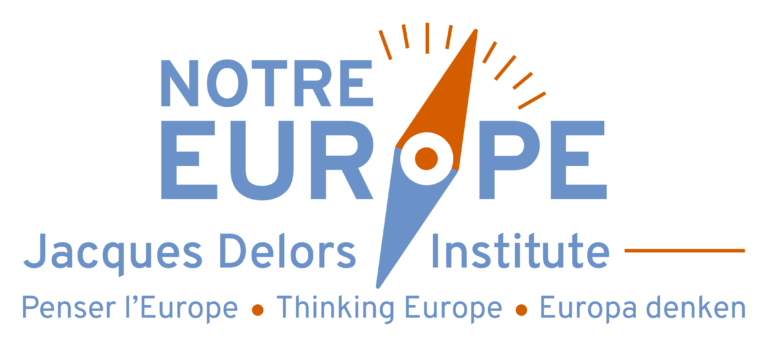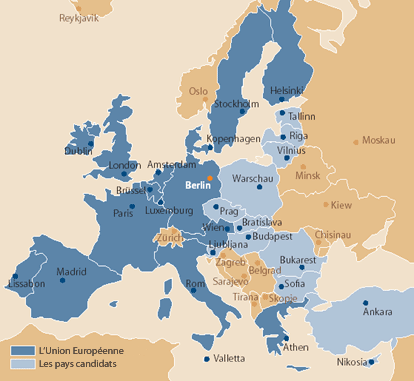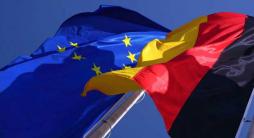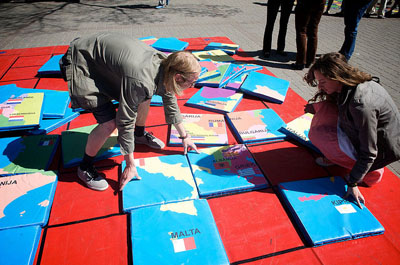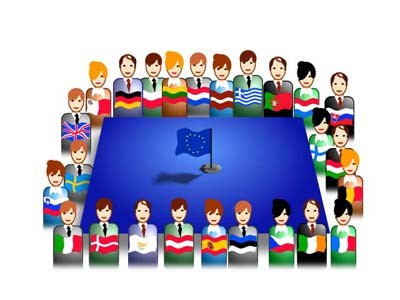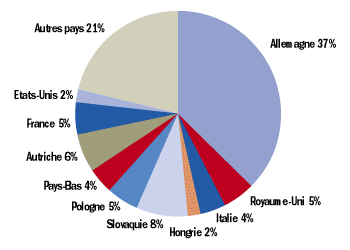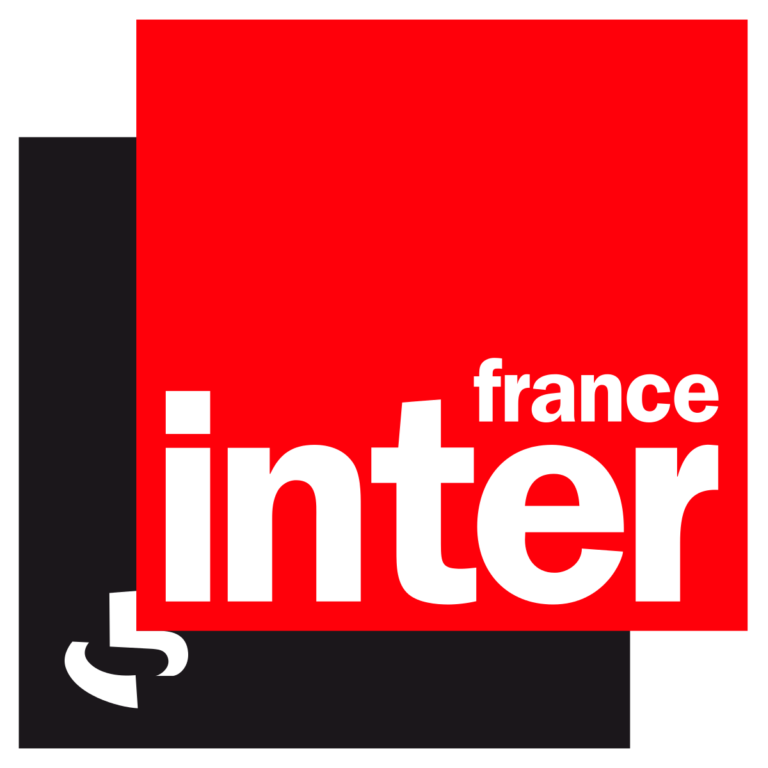Report
Direct investment in Central and Eastern Europe Union
The treaty providing for enlargement of the European Union (EU) to 10 new States was signed in Athens, on 16 April 2003, and is now undergoing ratification in the 25 countries involved. During these few months the former candidate countries find themselves in a kind of limbo: no longer candidates, but not yet full members. This is the ideal time to consider the foreseeable consequences of this change in status.
Foreword by Jacques Delors
The treaty providing for enlargement of the European Union (EU) to 10 new States was signed in Athens, on 16 April 2003, and is now undergoing ratification in the 25 countries involved. During these few months, which will soon be over, the former candidate countries find themselves in a kind of limbo: no longer candidates, but not yet full members. This is the ideal time to consider the foreseeable consequences of this change in status.
Notre Europe asked Bérénice Picciotto to attempt to shed light on one of the major aspects of this issue by analysing the predictable effects that integrating the new members into the single market will have on investment flows and production locations. She has obliged with a sound and wellresearched study, which provides a valuable insight into potential developments without claiming to hold certainties. I have noted two considerations in particular.
The first is that we are not starting from scratch. The years of economic “transition” and preparation for accession to the EU have enabled the candidate countries to adjust to foreign direct investment flows and adapt their economic policy accordingly, with varying degrees of success.
The second is that the progress made is extremely fragile, has already been marked by significant setbacks and reflects major potential imbalances between countries, regions and sectors, within both the new members and some of the current ones.
The Union therefore has a major challenge to take up. No-one would understand if it were less successful in bringing about convergence after enlargement than before. In this respect, it has a decisive instrument at its disposal in the shape of the structural and cohesion funds, even though the accession negotiations were able to deal only with their overall budget. There is now a pressing need – notably in the context of the plans for 2007-2013 – to take a closer look at the role these funds are to play in the context of this enlargement. I trust that studies such as this one by Ms Picciotto will help draw attention to the issue and provide the first pointers towards future progress.
SUR LE MÊME THÈME
ON THE SAME THEME
PUBLICATIONS
North Macedonia’s EU path: Challenges and opportunities in 2025

EU enlargement and the post-2027 Multi-Annual Financial Framework

THE EUROPEAN POLITICAL COMMUNITY

New Growth Plan for the Western Balkans

Elections in Serbia 2023: One month later

United in growing diversity: How the EU takes intercultural relations into account in its Western Balkans enlargement policy

The EU and enlargement ten years on: success and improvement

The Baltic states in the EU: yesterday, today and tomorrow

What borders for the EU: a variable geometry neighborhood?

“Europe” and its “enlargements”: enough… or do we want more?

Averting two pitfalls: illusion and inertia

Desperately looking for more EU-Turkey geo-political and geo-economic cooperation

The EU, its Neighbours and its Borders

Enlargement: a Tool for the EU, a Prospect for Our Neighbours

Enlargement of Europe: some consequences for France

European “avant-garde”, a new centre of gravity for Europe

Turkey at the gates of Europe

A new mechanism of enhanced co-operation for the enlarged European Union

The EU Institutional Crisis: By the Way… What do the new Member States think?

A driving force despite everything, Franco-German relations and the Enlarged European Union

Enlargement of Another Kind

Reform of EU policies in the perspective of enlargement and their financial implications

Adaptation of Cohesion policy to the enlarged Europe and the Lisbon and Göthenburg objectives

Social Europe in the throes of enlargement

The Enlarged European Commission

Speech of Jacques Delors at the Conference of European Institutes of Statistiques

Direct investement in new Central and Oriental Europe’s member

Enlargement of the European Union: Towards a large area of solidarity and cooperation

An “Avant-garde” driving the European unification process forward

MÉDIAS
MEDIAS
L’Europe d’après. Pour un nouveau récit de l’élargissement

“EU Enlargement : France’s no was a no to the ongoing process as it it”

European challenges in 2020 : Green Deal and enlargement










